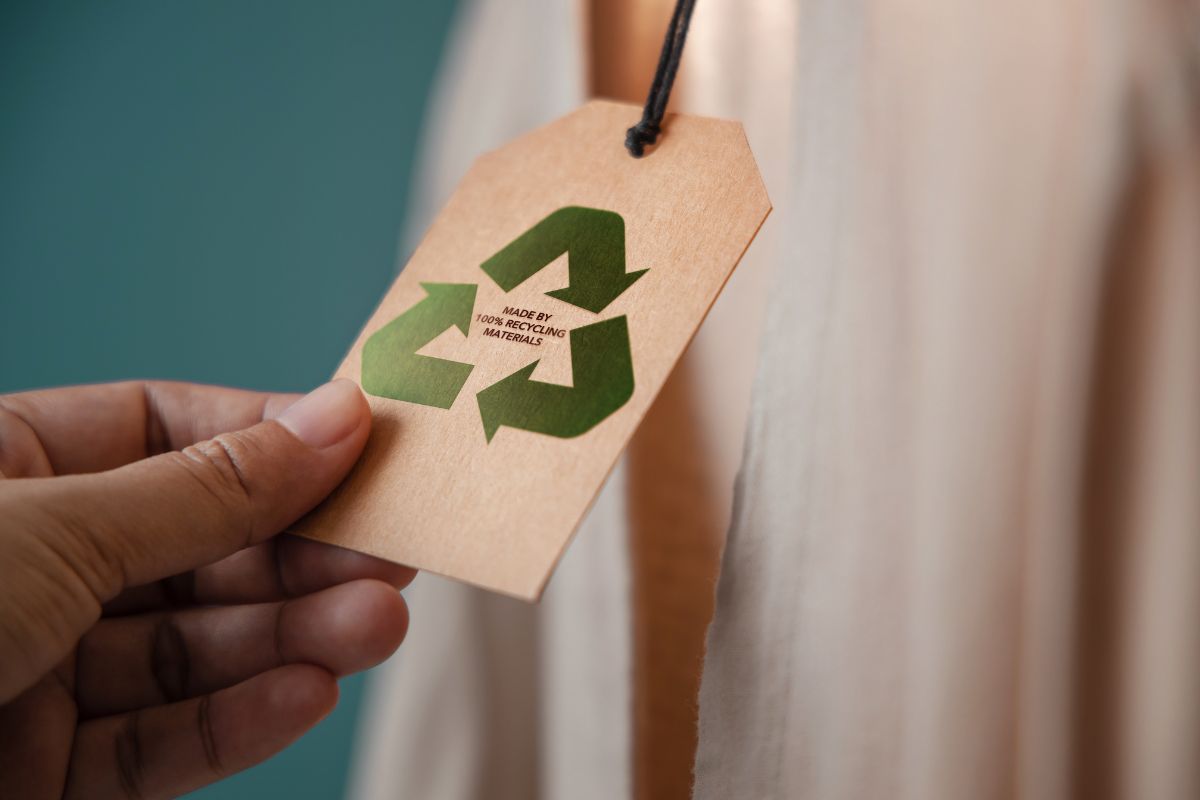Approximately 2.1 to 2.3 billion tons of municipal solid waste is generated worldwide each year. If current trends continue, this amount is projected to reach 3.8 billion tons by 2050. One of the sectors that stands out in this alarming picture is the fashion industry. Based on innovation, instant consumption, and transience, this sector encourages excessive consumption and contributes disproportionately to the global waste crisis.
For this reason, the United Nations General Assembly has decided to focus on the fashion industry as part of the 3rd International Zero Waste Day, which will be held on March 30, 2025.
Textile Waste in Numbers
Textile production and consumption volumes are growing rapidly, deepening the sector's environmental footprint and outpacing progress made in sustainability. Every year, 92 million tons of textile waste are generated worldwide; this is equivalent to burning or dumping a garbage truck full of clothes every second.
Globally, consumers lose approximately $460 billion each year by throwing away wearable clothing. Some products are discarded after only 7 to 10 uses.
11% of plastic waste comes from clothing and textile products, placing the sector third after packaging (40%) and consumer goods (12%). In 2023, only 8% of textile fibers will be sourced from recycled materials, and less than 1% of the total fiber market will be sourced from textile-to-textile recycling. The lack of fiber recycling practices results in an estimated loss of over $100 billion annually.
Paris, Global Hub for Zero Waste Fashion Efforts
Paris, one of the world's fashion capitals, is not only the heart of haute couture, but also a pioneer in sustainable urbanism. Paris Mayor Anne Hidalgo's 15-minute city concept offers a lifestyle centered on environmental awareness.
Samed Ağırbaş, President of the Zero Waste Foundation, offers the following assessment on the matter:
“It is time for Paris to show greater commitment to haute couture’s zero-waste approach. Just as we advocate that our cities should be within 15 minutes of basic services, our consumption habits must also be consistent with environmental responsibilities.”
The biggest brands and decision-makers in the fashion world gather in Paris every year. These platforms have the potential to inspire the entire textile and apparel industry to adopt zero-waste principles.
Growing Crisis in the South: The Burden of Used Clothing
The fashion industry's waste burden is not limited to manufacturing countries. Used clothing and textile waste are often exported to the poorest regions of the Global South. This harms local textile industries and causes environmental disasters.
Samed Ağırbaş summarizes this situation as follows:
“Exporting these products made from poor-quality fabrics not only increases environmental impacts, but also undermines local economies.”
According to the United Nations, more than 15,000 chemical substances can be used in the textile production process. The proliferation of low-quality clothing is leading to a new environmental pollution crisis on a global scale.
Inspired by Local Communities: Community-Based Zero Waste Approaches
The Zero Waste Foundation draws inspiration from indigenous communities that have sustained sustainable practices for generations. In this context, the Foundation works directly with indigenous leaders to integrate traditional ecological knowledge into modern waste management strategies.
Samed Ağırbaş describes the work being carried out in Türkiye as follows:
“By establishing dialogue with local communities, we ensure that their perspectives are taken into account in national zero waste policies. This knowledge base provides a strong foundation for circular economy policies.”
Zero Waste, a Movement Spreading from Türkiye to the World
Established in 2023 under the patronage of Emine Erdoğan, the Zero Waste Foundation aims to develop concrete solutions to the global waste crisis by promoting responsible consumption habits at the individual and collective levels.
Samed Ağırbaş states,
“We take a holistic approach to society. Inspired by Emine Erdoğan’s environmental vision, we advocate a lifestyle that respects the planet’s natural limits and preserves resources for future generations.”
The foundation is leading many national and international initiatives in the fields of education, research, policy development, and project implementation. It is also preparing to launch innovative incentive mechanisms such as the “Zero Waste Awards” in the near future.
Shaping a Shared Future Through Global Cooperation
Since its establishment, the Zero Waste Foundation has been actively collaborating with UN member states and has involved more than 50 countries in its initiatives, primarily in the European Union, Central Asia, and Southeast Asia.
Last month, the Foundation signed a comprehensive memorandum of understanding with Maimunah Mohd Sharif, Mayor of Kuala Lumpur and former Executive Director of UN-Habitat. This agreement, which also includes the Malaysian Green Technology and Climate Change Authority, aims to strengthen circular economy projects and expertise sharing in Malaysia.
Sharif expressed the importance of the agreement with the following words:
“We spend 260 million ringgit every day to deal with 2,300 tons of waste in Kuala Lumpur. Thanks to our collaboration with the Zero Waste Foundation, we will be able to improve our technical capacity and expand our recycling projects in the Greater Kuala Lumpur area.”
Global Appeal from Emine Erdoğan: “Small Actions Pave the Way for Big Changes”
Emine Erdoğan, who has played a leading role in promoting the Zero Waste movement on a global scale, made the following appeal on the occasion of the 3rd International Zero Waste Day:
“We reaffirm our commitment to a more sustainable world. Reducing waste is not only an environmental necessity, but also a moral responsibility to future generations. With the efforts of the Zero Waste Foundation and the UN Zero Waste Advisory Council, we continue to be the driving force behind this transformation. I invite every individual, community, and government to take action. Let us not forget that small actions pave the way for big changes."



